Medical care is a cornerstone of our health and well-being, yet even the most skilled healthcare providers are human and can make mistakes. When these errors cause harm, patients may find themselves dealing with unexpected physical, emotional, and financial consequences. In such cases, understanding when to contact a medical malpractice lawyer can be crucial to protect your rights and seek fair compensation. This article explores the situations where reaching out to a qualified attorney is not just advisable but often necessary.
Understanding Medical Malpractice
Medical malpractice occurs when a healthcare professional fails to provide an appropriate standard of care, resulting in injury or harm to a patient. This can include errors in diagnosis, treatment, aftercare, or health management. Common examples include surgical mistakes, medication errors, misdiagnoses, birth injuries, and failure to obtain informed consent.
Not every medical error qualifies as malpractice. For a legal claim, it must typically be proven that the provider breached the standard of care and that this breach directly caused your injury. Determining this often requires medical expertise and a thorough review of records, making the guidance of a medical malpractice lawyer invaluable.
When to Consider Contacting a Lawyer
1. Experiencing Severe or Lasting Injuries
If a medical error has caused significant physical harm, prolonged disability, or ongoing treatment needs, contacting a lawyer should be a priority. 
Severe injuries often involve substantial medical expenses and may impact your ability to work or care for your family. A lawyer can help document the extent of your injuries, assess damages, and guide you through the claims process.
2. Suspected Misdiagnosis or Delayed Diagnosis
A delayed or incorrect diagnosis can have serious consequences, sometimes turning treatable conditions into life-threatening situations. If you or a loved one has been misdiagnosed, it is important to consult a medical malpractice lawyer. They can review your medical records, determine if negligence occurred, and identify the responsible parties. This step is essential because some conditions require prompt intervention, and delays can significantly increase liability.
3. Surgical Errors or Improper Treatment
Surgery carries inherent risks, but mistakes during a procedure—such as operating on the wrong site, leaving instruments inside the body, or performing an unnecessary procedure—can be grounds for legal action. Similarly, if you received the wrong treatment or medication that resulted in harm, a lawyer can help evaluate whether malpractice has occurred. Legal guidance ensures that evidence is preserved and that the claim is properly documented.
4. Birth Injuries
Pregnancy and childbirth are complex processes, and mistakes can lead to lifelong consequences for both the child and the parent. Examples include cerebral palsy, brachial plexus injuries, or delayed cesarean sections resulting in complications. A specialized medical malpractice lawyer can provide the expertise needed to navigate these sensitive cases, pursue compensation, and ensure that your claim reflects both the immediate and long-term costs of the injury.
5. Failure to Obtain Informed Consent
Healthcare providers are legally required to inform patients about potential risks, benefits, and alternatives before proceeding with a treatment or procedure. If a medical professional fails to provide this information, and you suffer harm as a result, it could constitute malpractice. A lawyer can help determine whether your consent was legally adequate and whether the provider’s omission caused your injury.
6. Repeated Errors or Pattern of Negligence
If you notice a pattern of errors by a healthcare provider, such as multiple misdiagnoses or consistent lapses in care, it may indicate systemic negligence. Consulting a lawyer can help you address not only your individual case but potentially prevent future harm to other patients. Attorneys experienced in medical malpractice can investigate hospital practices, policies, and staff training to build a strong case.
The Benefits of Early Legal Consultation
Time is a critical factor in medical malpractice cases. Evidence can deteriorate, memories can fade, and legal deadlines, known as statutes of limitations, may limit your ability to file a claim. Contacting a Medical Malpractice Lawyer in Connecticut early ensures that crucial records, medical charts, and expert testimonies are properly preserved.
Additionally, an attorney can offer a realistic assessment of your case. They can evaluate the strength of your claim, potential compensation, and the likelihood of a settlement versus trial. Early consultation often relieves stress and provides clarity, allowing you to focus on recovery rather than navigating complex legal procedures alone.
What to Expect When Contacting a Lawyer
When you reach out to a medical malpractice lawyer, you can generally expect an initial consultation to discuss the circumstances of your case. Bring all relevant medical records, bills, and documentation of your injuries. The lawyer will review your information, identify potential legal claims, and advise on next steps.
Many medical malpractice lawyers work on a contingency fee basis, meaning you pay legal fees only if your case is successful. This arrangement makes legal representation accessible without upfront costs, ensuring that financial barriers do not prevent you from seeking justice.
Choosing the Right Medical Malpractice Lawyer
Selecting a lawyer with experience in medical malpractice is essential. Look for attorneys who specialize in healthcare-related cases, have a proven track record, and possess strong negotiation and litigation skills. Personal referrals, online reviews, and professional associations can help identify reputable lawyers.
It is also important to choose a lawyer who communicates clearly and empathetically. Malpractice cases can be emotionally taxing, and having an attorney who understands your situation and keeps you informed throughout the process can make a significant difference.
Conclusion
Medical errors can be devastating, both physically and emotionally. Knowing when to contact a medical malpractice lawyer is critical to protecting your rights and obtaining the compensation you deserve. If you have suffered severe or lasting injuries, experienced misdiagnosis, encountered surgical errors, endured birth injuries, or suspect negligence, consulting a qualified attorney should be a priority.
Early legal consultation not only helps preserve evidence and meet legal deadlines but also provides guidance and support during a challenging time. Choosing an experienced medical malpractice lawyer can empower you to navigate the complexities of the legal system while focusing on your recovery.
Medical malpractice cases are often complex and nuanced, but with the right legal support, victims can seek justice and secure the resources necessary for healing and moving forward.



